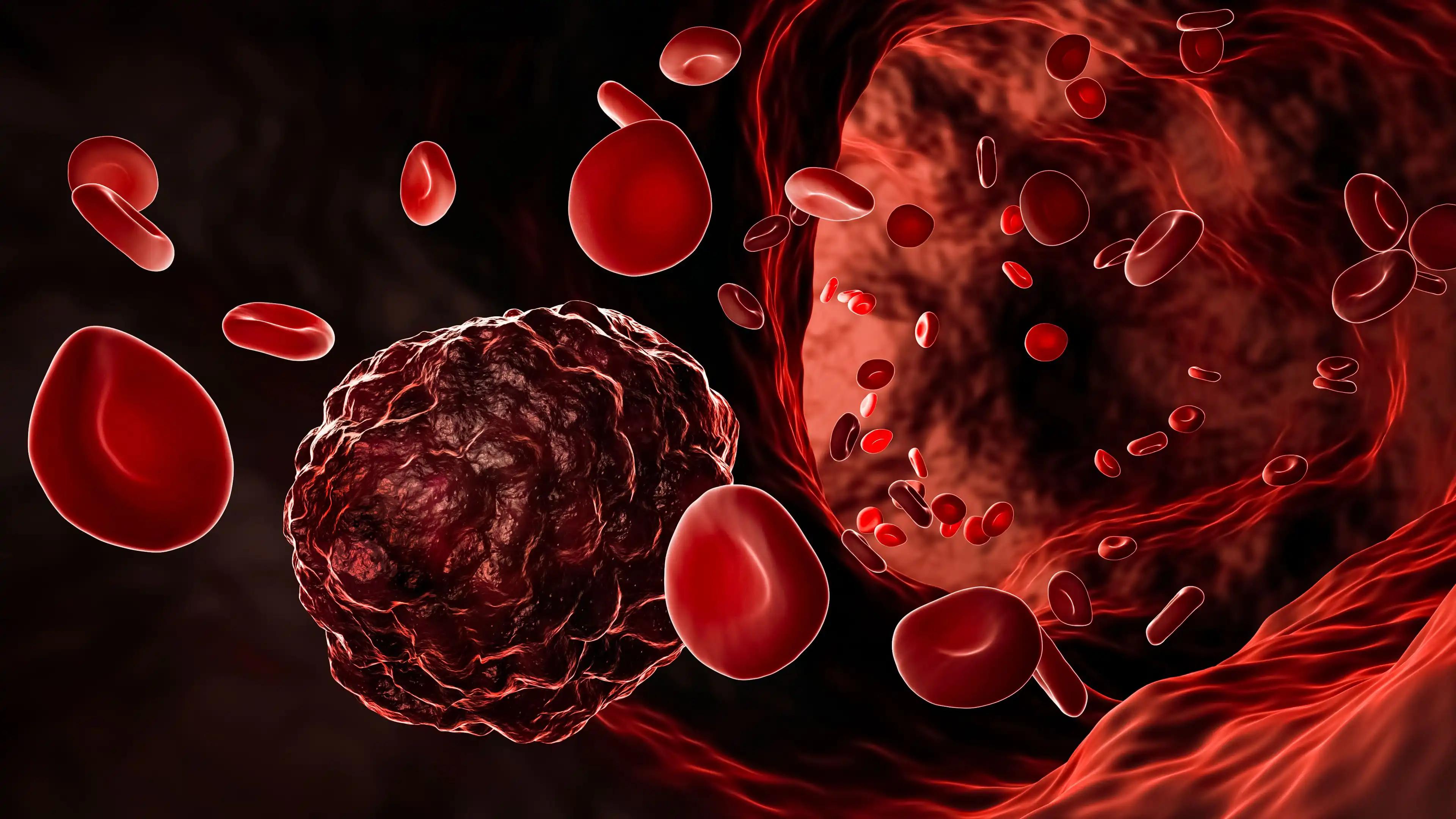KEY TAKEAWAYS
- The study aimed to investigate the clinicopathological features, immunophenotypes, and molecular genetic changes of small intestinal MEITL.
- Researchers noticed significant contributions to the lymphomagenesis of MEITL through mutations in JAK3 and STAT5B of the JAK/STAT pathway and inactivation of the oncogene SETD2.
Small intestinal monomorphic-epitheliotropic intestinal T-cell lymphoma (MEITL) is a rare, aggressive T-cell lymphoma originating in the gastrointestinal tract.
Bing Zhou and the team aimed to investigate the clinicopathological features, immunophenotypes, and molecular genetic changes of MEITL.
Researchers performed an inclusive analysis, collecting clinicopathological data for 3 patients with surgically resected MEITL of the small intestine. Immunohistochemical labeling, Epstein-Barr virus (EBV) in situ hybridization, assessment of clonal rearrangement of T-cell receptor (TCR) genes, and next-generation sequencing (NGS) were conducted as part of the methodological approach.
Of 3 patients, 2 were male and 1 was female, aged 61, 67, and 73 years, respectively, experiencing abdominal pain and distension. Histopathological analysis revealed infiltrative growth of small-to-medium-sized lymphocytes with consistent morphology in the intestinal walls, accompanied by a pro-epithelial phenomenon. Immunohistochemical analysis showed expression of CD3, CD8, CD43, CD56, TIA-1, CD103, H3K36me3, and Bcl-2, with a Ki-67 proliferation index ranging from 50% to 80%.
All 3 patients tested negative for EBER but exhibited monoclonal rearrangement of the TCR gene. JAK3 mutations were detected in all cases, with STAT5B, SETD2, and TP53 mutations in two cases each, and a BCOR mutation in one case. Following surgery, all patients underwent chemotherapy. Two patients succumbed to the disease 7 and 15 months post-operation, while one survived for 5 months of follow-up.
The study concluded that mutations in JAK3 and STAT5B of the JAK/STAT pathway, along with inactivation of the oncogene SETD2, significantly contribute to the lymphomagenesis of MEITL.
The study was supported by the Tongji University Affiliated Yangpu Hospital.
Source: https://pubmed.ncbi.nlm.nih.gov/38520011/
Zhou B, Guo M, Li X, et al. (2024). “Clinicopathological and molecular genetic alterations in monomorphic-epitheliotropic intestinal T-cell lymphoma of the small intestine.” Eur J Med Res. 2024 Mar 23;29(1):191. doi: 10.1186/s40001-024-01797-5. PMID: 38520011; PMCID: PMC10960389.



